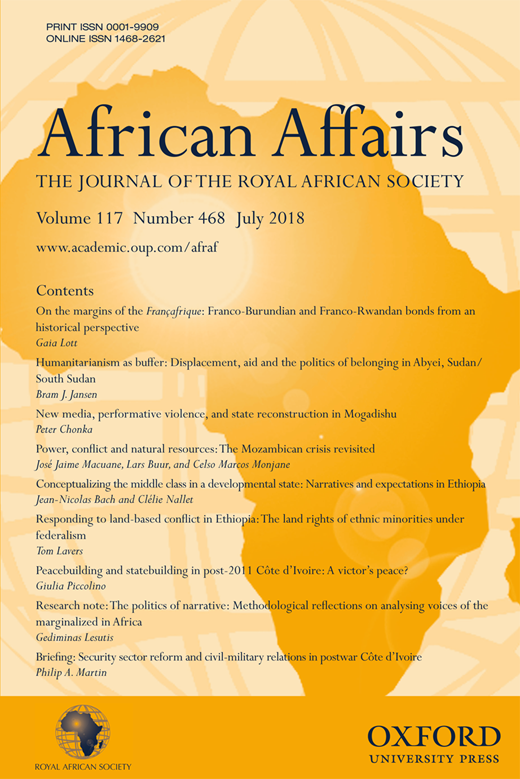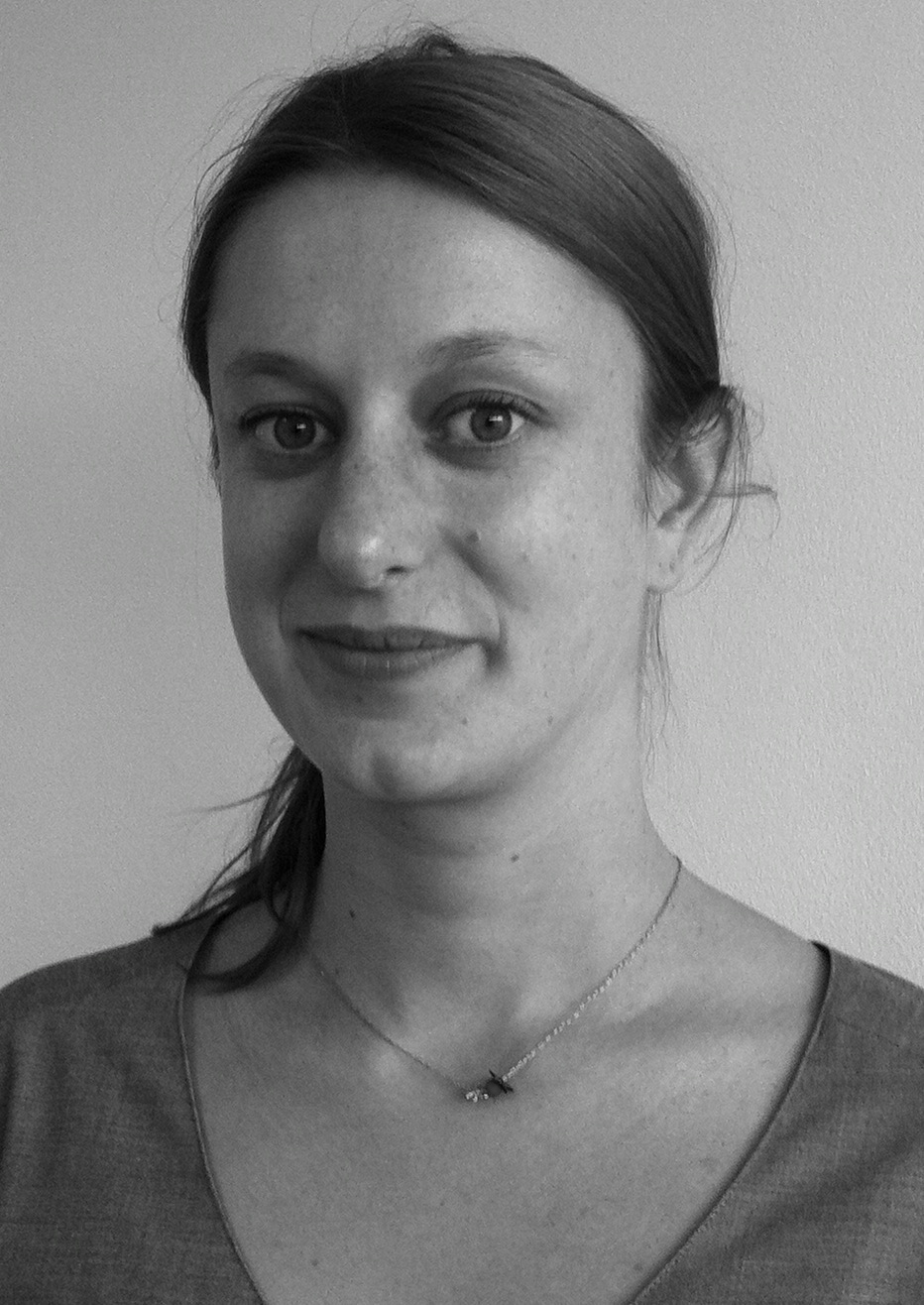Conceptualizing the middle class in a developmental state: Narratives and expectations in Ethiopia

The category ‘middle class’ was used increasingly throughout the 2010s to identify social changes occurring in African countries, including Ethiopia. However, the category itself is hard to define and has been employed to describe very diverse socio-economic dynamics.
This article offers an original way of considering the ‘middle class’, focusing on what the category is expected to produce for the different actors utilizing it. We argue that the debate on ‘middle class’ social composition cannot be undertaken before deconstructing and discussing why, how and by whom the category is being used. As the notion of the middle class is subjectively and locally produced in every country, we focus on the perceptions and narrative of the category by external and internal actors and the specific political implications of such views in the Ethiopian context. By analyzing the international discourses and the Ethiopian leadership’s views, we demonstrate the fluidity of a notion deeply rooted in and interpreted based on specific institutional, ideological, and social backgrounds, and at the same time serving specific economic and political ambitions. In this regard, the Ethiopian case reveals how divergent actors have been promoting that same category with great differences in their interpretation and expectations. We thus argue that the category ‘middle class’ remains analytically useful only if not considered as an objective socio-economic category, but rather as a politically constructed category.
This paper is available on the website of African Affairs






